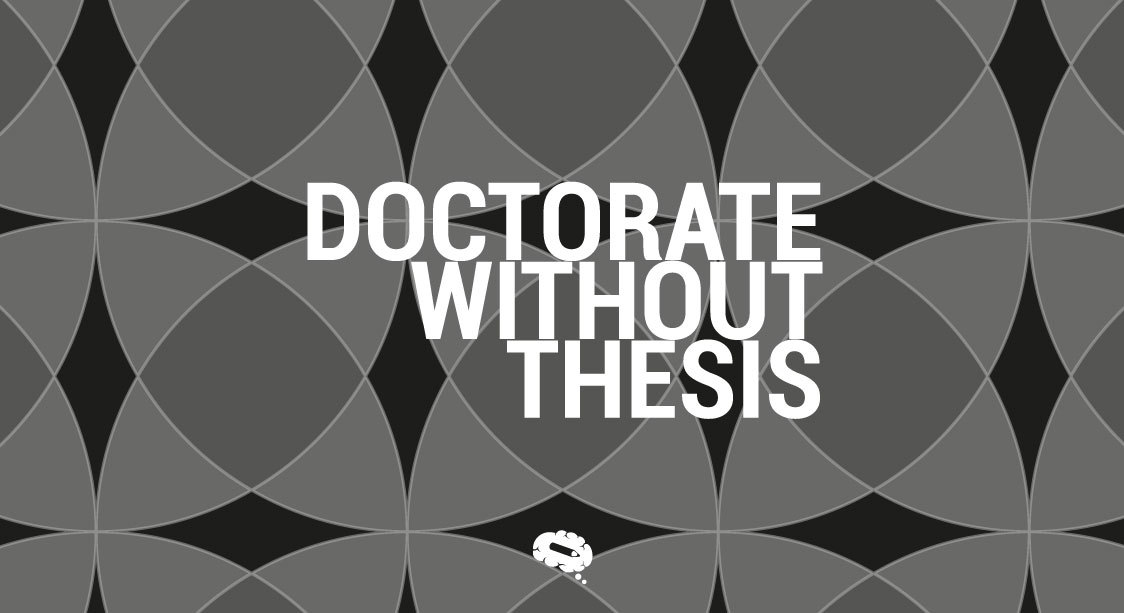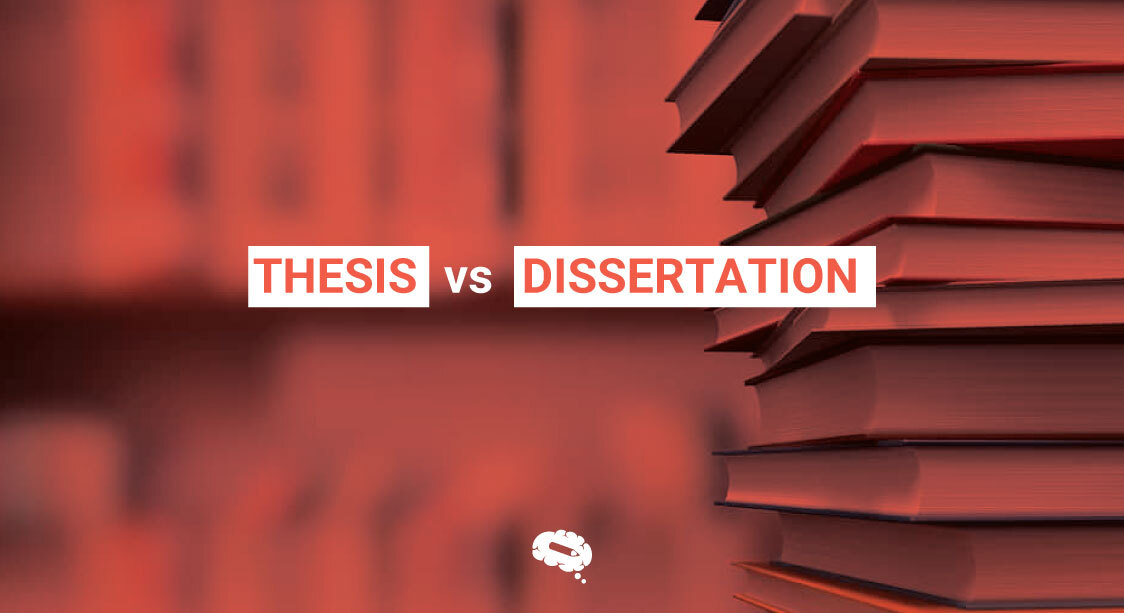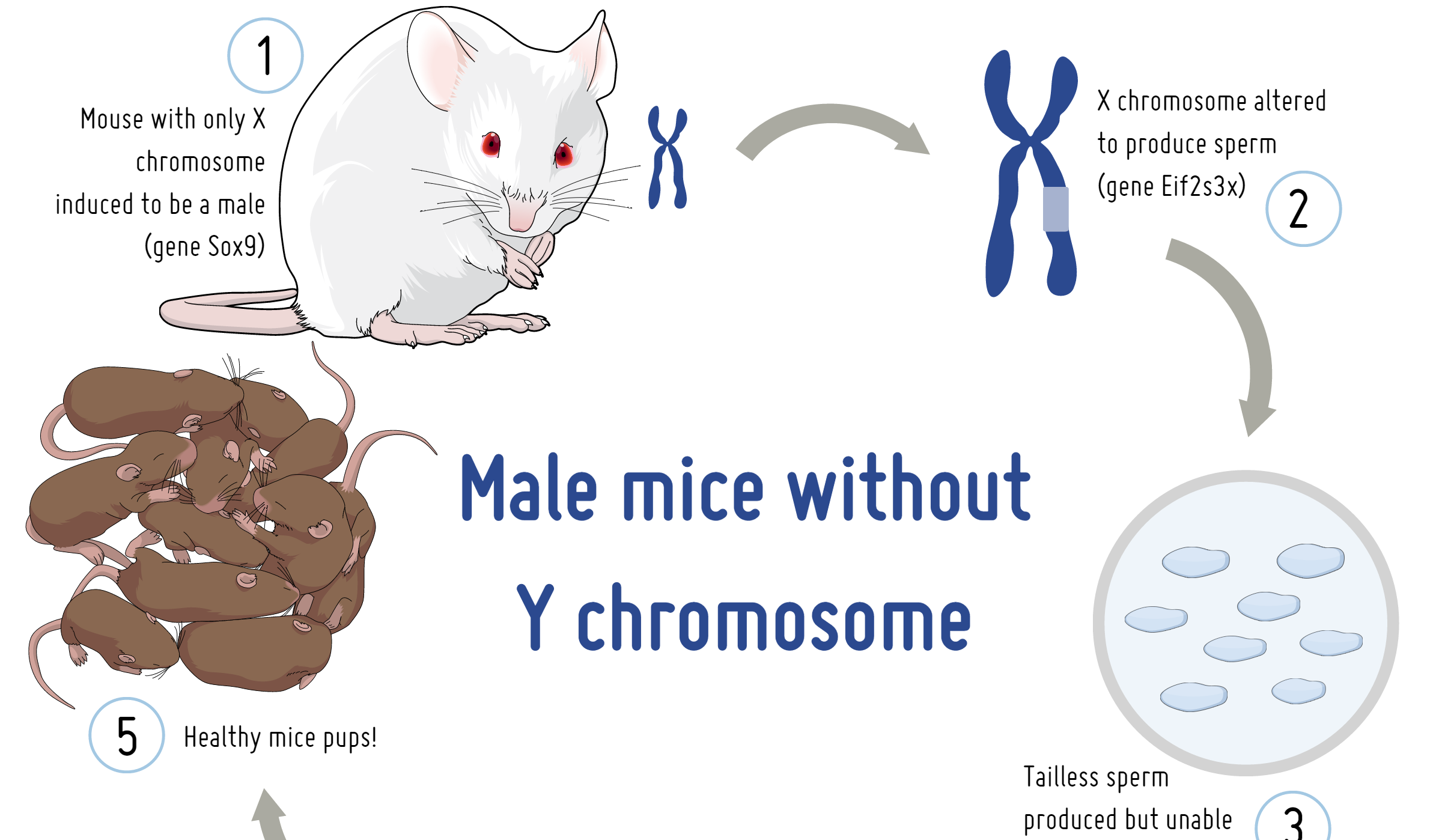Are you considering pursuing a doctorate degree but the thought of conducting extensive research and writing a thesis is daunting? If so, then a doctorate degree without a thesis might be the perfect fit for you. In this blog post, we will explore the world of doctorate degrees without a thesis, including what they are, the types available, their advantages and disadvantages, eligibility criteria, career opportunities, and tips for choosing the right program.
What Is a Doctorate Without Thesis?
A doctorate degree without a thesis is a terminal degree that does not require a student to conduct original research and write a dissertation. Instead, students may be required to complete a capstone project, comprehensive exam, or a final project that demonstrates their knowledge and skills in their field of study.
Types of Doctoral Degrees Without Thesis
There are several types of doctoral degrees that do not require a thesis. Some of the most common include:
Doctor of Business Administration (DBA)
A Doctor of Business Administration (DBA) degree focuses on practical applications of business theory and strategy. Students typically take courses in finance, marketing, management, and leadership. Instead of a thesis, DBA students may be required to complete a final project that applies their knowledge to real-world business problems.
Doctor of Education (EdD)
A Doctor of Education (EdD) degree is designed for educators who want to advance their careers in academia or administration. EdD programs focus on educational leadership, curriculum development, and research methods. Instead of a thesis, EdD students may be required to complete a capstone project that demonstrates their ability to apply research to solve practical problems in education.
Doctor of Public Administration (DPA)
A Doctor of Public Administration (DPA) degree is ideal for those who want to work in government or non-profit organizations. DPA programs focus on public policy, management, and leadership. Instead of a thesis, DPA students may be required to complete a final project that addresses a real-world public administration problem.
Doctor of Psychology (PsyD)
A Doctor of Psychology (PsyD) degree is an alternative to the traditional Doctor of Philosophy (PhD) in Psychology. PsyD programs focus on clinical practice rather than research. Instead of a thesis, PsyD students may be required to complete a doctoral project that demonstrates their clinical skills.
Advantages and Disadvantages of Doctoral Degrees Without Thesis
There are both advantages and disadvantages to pursuing a doctoral degree without a thesis.
Advantages:
- Less time and effort required compared to a thesis-based program
- More focused on practical skills and applications
- Can be a good fit for those who want to advance their careers without becoming researchers
Disadvantages:
- May not be as highly valued by employers or academic institutions
- May not provide as strong of a foundation in research and academic writing
- May limit future career opportunities in academia or research-based positions
Eligibility Criteria for Doctoral Degrees Without Thesis
Eligibility criteria for doctoral degrees without a thesis vary by program and institution. In general, applicants should hold a master’s degree in a related field, have a strong academic record, and meet any additional requirements such as work experience or licensure.
Career Opportunities After Obtaining a Doctorate Without Thesis
Career opportunities after obtaining a doctorate without thesis depend on the program and the student’s career goals. Graduates may be able to pursue careers in academia, government, non-profit organizations, or the private sector. Some potential job titles include executive director, chief operating officer, or senior-level researcher.
Tips for Choosing the Right Program for a Doctorate Without Thesis
If you’re considering pursuing a doctorate degree without a thesis, it’s important to choose the right program. Here are some tips to help you make an informed decision:
- Research different programs: Look for programs that align with your career goals and interests. Consider factors such as program format, faculty, reputation, and accreditation.
- Check eligibility requirements: Make sure you meet the eligibility criteria for the programs you’re interested in. This may include having a master’s degree, work experience, or specific licensure.
- Consider program structure: Doctorate programs without a thesis may require a final project, comprehensive exam, or capstone project. Consider which format aligns with your learning style and career goals.
- Look for flexibility: Consider programs that offer flexible scheduling or online options if you need to balance your studies with work or other commitments.
- Evaluate career outcomes: Research the career outcomes of graduates from the programs you’re interested in. Look for programs that have a strong track record of producing successful graduates in your desired field.
The Best Infographic Maker and Overall Full-Stack Design Tool
Mind the Graph is a full-stack design tool that helps scientists and researchers create professional-grade infographics, presentations, and posters. With a library of over 75,000 scientific illustrations and templates, Mind the Graph makes it easy to visualize complex data and concepts.
Some key features of Mind the Graph include:
- Drag-and-drop interface: Users can easily add, resize, and edit elements on their designs using a simple drag-and-drop interface.
- Scientific illustrations and templates: The platform offers a vast library of illustrations and templates covering a wide range of scientific topics, from biology to chemistry to physics.
- Collaboration tools: Users can share designs with colleagues and collaborate in real-time to make changes and edits.
- Branding options: Users can customize their designs with their own branding elements, such as logos, colors, and fonts.
- Export options: Designs can be exported in a variety of formats, including PDF, PNG, and JPEG.
Overall, Mind the Graph is a valuable tool for scientists and researchers who want to create visually compelling and informative designs to communicate their research findings.

Subscribe to our newsletter
Exclusive high quality content about effective visual
communication in science.





